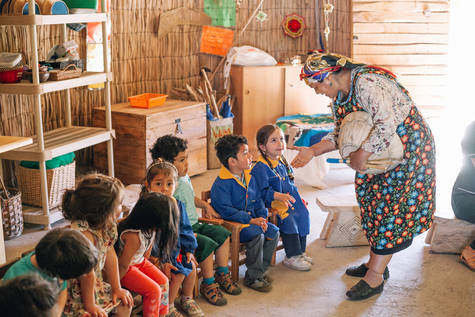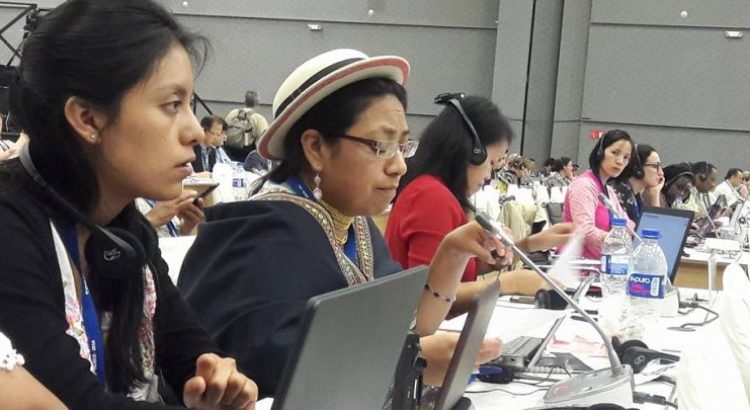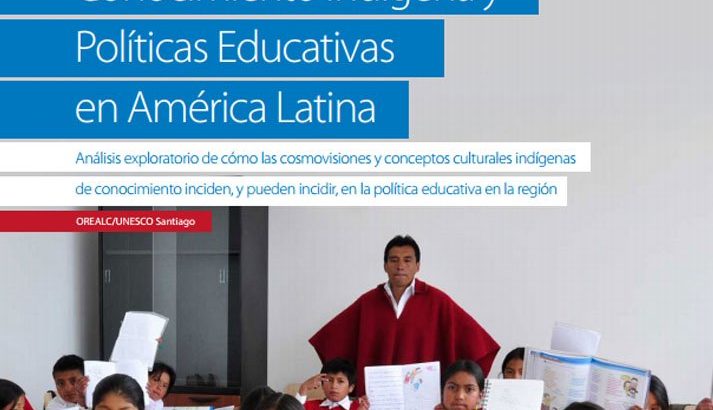África/Mayo del 2017/Noticias/ https://theconversation.com/
Most universities boast “centres” or “institutes” designed to announce their strengths in a certain field. But there’s more to it than that: when a university establishes a new centre, it is making a statement of intent. It’s saying that it perceives a need for more work in that area, and that it intends to drive that work.
The University of Johannesburg’s African Centre for Epistemology and Philosophy of Science, which has just opened, is an example of this. Why is such a centre necessary? Why now? And why in South Africa?
To answer these questions, we need to think about the relationship between three big and complicated things: knowledge, science and Africa. Critical thinking about the nature of knowledge, and the way Africa participates in science, is an essential part of the project of decolonisation – if that project is to be a success.
A fraught history
Epistemology is the philosophical study of knowledge: what it is, how we get it, and how sure we can be of it. Science is a major source of new knowledge at the moment – it helps people to find out about things. It’s also a major source of power and influence over the world we discover, and over each other.
The history of science and the history of European empire are connected. The language used to talk about science shows this in phrases like “frontiers of knowledge”.
The relationship of the West to science is by no means straightforward, of course. One need only think of the politics around teaching of evolution in American schools to see that. But Africa – the whole continent, in all its enormity and variety – has had a particularly difficult relationship with science and has not always benefited from the power it provides.
Much of the African continent has also had a difficult relationship with knowledge more generally – the power it yields or accompanies, its sharing or deliberate withholding, and the rhetoric concerning who has it and who does not.
One strategy to improve this relationship is to afford greater recognition to knowledge generated locally and to set about generating more of it. This is one of the themes of the recent calls for the decolonisation of knowledge. The trouble, of course, is that generating knowledge is not like manufacturing cars or tin cans. It’s not even like writing a novel.
Phrases like “knowledge production” conceal the fact that knowledge answers to something beyond itself and beyond us. To produce knowledge is to find out about something. This means to risk being wrong about it. You can’t just make more knowledge, because knowledge isn’t something we make. It’s not something we produce at will. It is something we acquire; and sometimes we fail to acquire it even though we want it.
So while we might say we want to produce knowledge locally, we may find ourselves unable to do so, especially if resources are scarce (as they are in many parts of Africa).
Examining knowledge claims
A related difficulty accompanies the recognition of local knowledge. You can’t simply decide to treat what somebody says as knowledge on the basis of where they live or what their name is. Well, you can – but in doing so the pursuit of knowledge is abandoned.
When accepting a knowledge claim, a person ought to perform some sort of assessment of how likely it is that what the person says is true.
In the case of a scientific knowledge claim, this assessment is more likely to turn on the source’s credibility than on any assessment of the subject matter. Stephen Hawking’s pronouncements are believed by most of us not because we have checked his sums, but because he is a famous professor at a famous university. A junior lecturer at an obscure university, perhaps somewhere in Africa, could say the same things as Hawking and would probably not receive the same recognition.
This is one of the points motivating calls to decolonise knowledge. These calls can only be answered effectively if people have a better understanding of what knowledge – and especially scientific knowledge – is.
When then South African President Thabo Mbeki denied that AIDS had a viral cause, he was partly motivated by decolonising ideals. He was aware of the damage that pharmaceutical companies have done in sub-Saharan Africa, and of their tendency to monetise illness and its cures. Mbeki also recognised that the biological cause of AIDS cannot be addressed in isolation of social causes.
Yet his denial was wrong and costly, in both monetary and human terms.
In fact, the impossibility of addressing AIDS without understanding social causes is a good scientific point. The epidemiologist Quarraisha Abdool Karim also emphasises it, but without denying that HIV causes AIDS. Her point is that social factors explain why certain attempts to block transmission of the virus fail.
What is it that makes Karim’s work groundbreaking and Mbeki’s pronouncements damaging?
Context and critical thinking
The difference is that Karim considers the local context without dropping her critical guard. She does not tout a solution to the problem of HIV infection of school-age girls simply because it’s African. Her team trialled various failed interventions. Each of these was a response to local context; each was “African”. They were rejected because they didn’t work.
Eventually the team found an intervention that was effective at reducing infection rates. This is local knowledge. It was “produced” in Africa and it “works” in Africa, or, to be more precise, in rural Kwazulu-Natal.
The Tenofovir Gel that proved effective in Kwazulu-Natal might turn out not be the best strategy in San Francisco, just as some of the strategies for preventing infection in San Francisco didn’t work in rural Kwazulu-Natal. But the point is this: the claim that Tenofovir works in this African locality was subject to a high level of critical scrutiny. Mbeki didn’t subject his own claims about AIDS causation and prevention to the same level of scrutiny.
If the decolonisation of knowledge is to be successful, it needs to be driven by critical thinking about the nature of knowledge and related concepts like justification, evidence, method and explanation. It cannot simply be a parochial endorsement of the local, like supporting your local team.
Both strands of thinking – critical and uncritical – are present in the decolonisation rhetoric. The role of an African Centre for Epistemology and Philosophy of Science, in this time and place, is to champion critical decolonisation, both against reactionary opposition to decolonisation, and against the temptations of dropping our critical guard.
Fuente:
https://theconversation.com/african-universities-must-take-a-critical-view-of-knowledge-and-how-its-made-77878
Fuente imagen:
https://lh3.googleusercontent.com/LaimsA0BqfD7cJUcuc27YGsko7lNtyaUWhYB0zdqyiHT0OmQDYNcE_qTElEHG-qeICYF=s85










 Users Today : 33
Users Today : 33 Total Users : 35460242
Total Users : 35460242 Views Today : 41
Views Today : 41 Total views : 3418936
Total views : 3418936